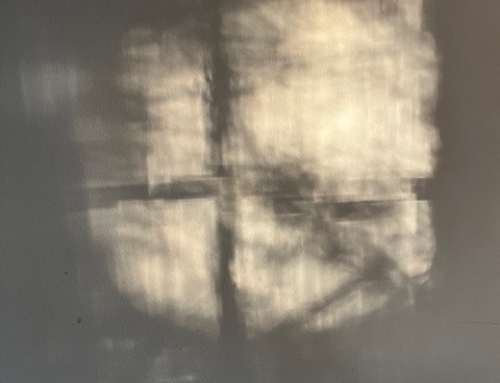Good morning…
At my recent talk at a local church, I talked about prayer being a form of rumination. Rumination is what cows do. They chew on food, burp it back up, then chew on it more to extract maximum nutritional benefit. When we pray, we chew on feelings and thoughts, burp them back up, then chew on them some more to extract maximum nutritional benefit.
I love collaborative learning, so after my talk, we engaged in a soulful dialogue. One woman said she has always viewed the word rumination negatively. In psychology rumination means to get stuck in a negative thought cycle as the natural process of self-reflection goes awry. After an upsetting situation, the ruminating mind plays the same distressing scene over and over again, causing increased sadden, anger, or agitation each time around the cycle. People can get stuck in the painful, inner monologue.
This is why, to my incessantly thinking mind, Henri Nouwen’s perspective on prayer is so life changing. If we take our anxious inner monologue and invite the Prince of Peace into an ongoing dialogue, the Holy Spirit can shift our unceasing thinking into unceasing prayer.
The curious woman asked, “How do we do that? How do we shift from monologue to dialogue?”
I answered, “We ask, ‘God, how do I do that? Right now, how do I begin sharing the load of these burdens with You? How do I stop spinning my own wheels and allow You to move with me forward into healing and wholeness?'” Praying and waiting. Praying more and waiting more. Focusing on any inkling of subtle response, our holy dialogue begins to unfold.She said, “Oh yeah, that’s my next question, “How do I wait? I am not good at waiting.”
I suspect God will teach her and teach all of us the art of holy waiting as our divine dialogue continues its unfolding.
Wait for and confidently expect the Lord;
Be strong and let your heart take courage;
Yes, wait for and confidently expect the Lord, Psalm 27:14 (AMP),
Sue





